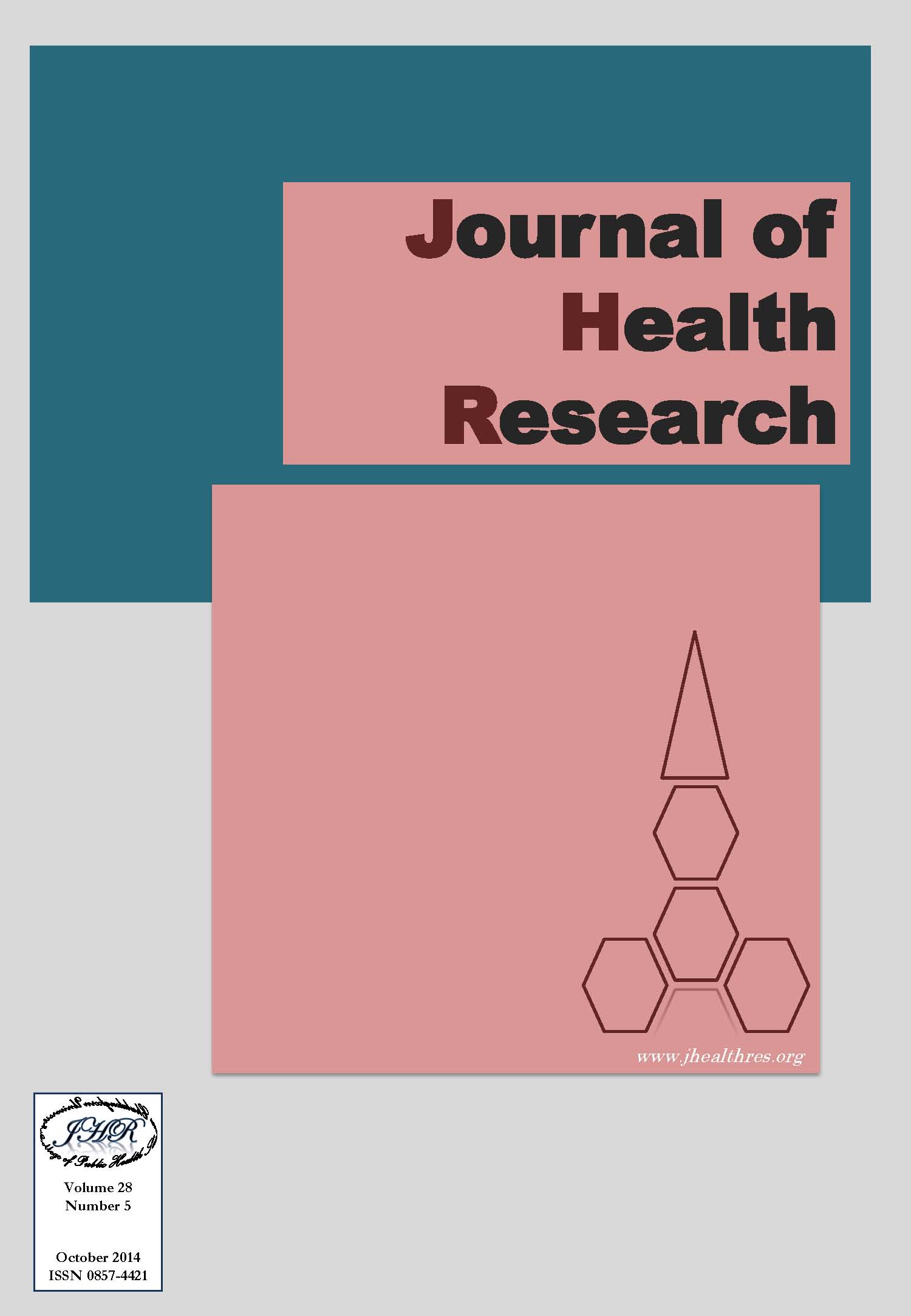A Mindfulness Enhancement Program for 8 to 11 Year-Old Thai Children: Effects on Mindfulness and Depression
Keywords:
Mindfulness, Depression, School-aged children, Mindfulness-based intervention, School-settingAbstract
This study investigated effects of a Mindfulness Enhancement Program on mindfulness skills (i.e., awareness and acceptance skills) and depression. Depression is a negative outcome from school activities. Most of negative outcomes in psychological and physiological functions in children and adolescents are caused by depression. Exploring the effective approach for dealing with depression is very important since it can improve mental and physical health. To date, mindfulness has become applied into the treatment for depression. A mindfulness-based practice may bean useful way for improving children’s well-being. This study aims to evaluate the effectiveness of the Mindfulness Enhancement Program (MEP), designed and developed particularly for use in school with Thai school-aged children. The study was conducted with 82, eight to eleven year-old children. They were divided into the experiment and control groups with a matching method by their mindfulness score. The experiment group participated in the six-session MEP. Each session was 45 to 60 minutes in-class session at school and daily homework. The program’s purpose is to improve the students’ mindfulness skill. Its effectiveness was evaluated by the Mindfulness Inventory for Children: children-reported and a short-version of the Children Depressive Inventory, developed for Thai children. A two-way mixed ANOVA was applied for repeated measure with conditioned groups as between-group variables. Results revealed the significant interaction between times of measurement and the conditioned groups on both mindfulness and depression scores. To conclude, the MEP could cultivate mindfulness skill and decrease depression level for 8 to 11 year-old Thai children.







